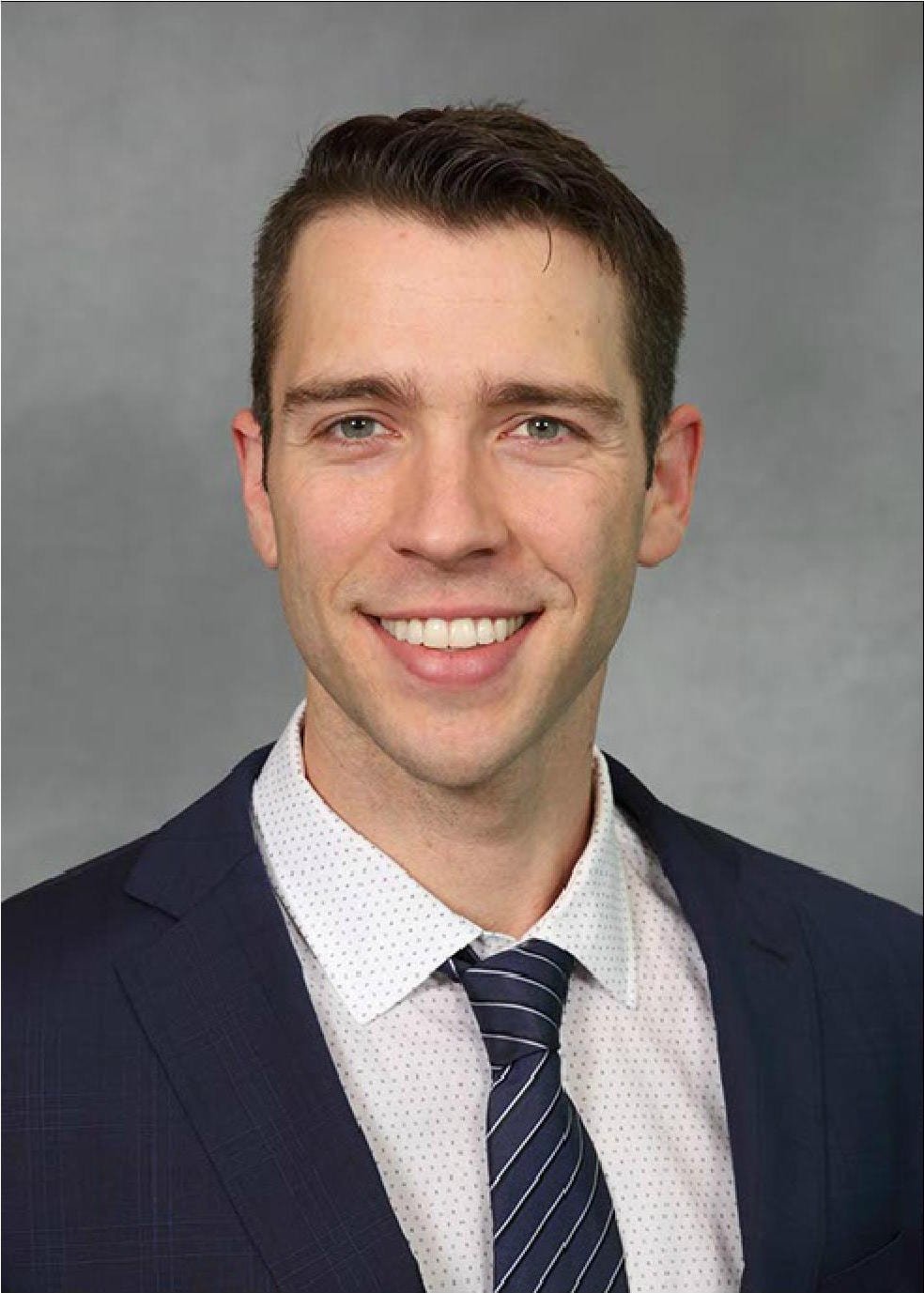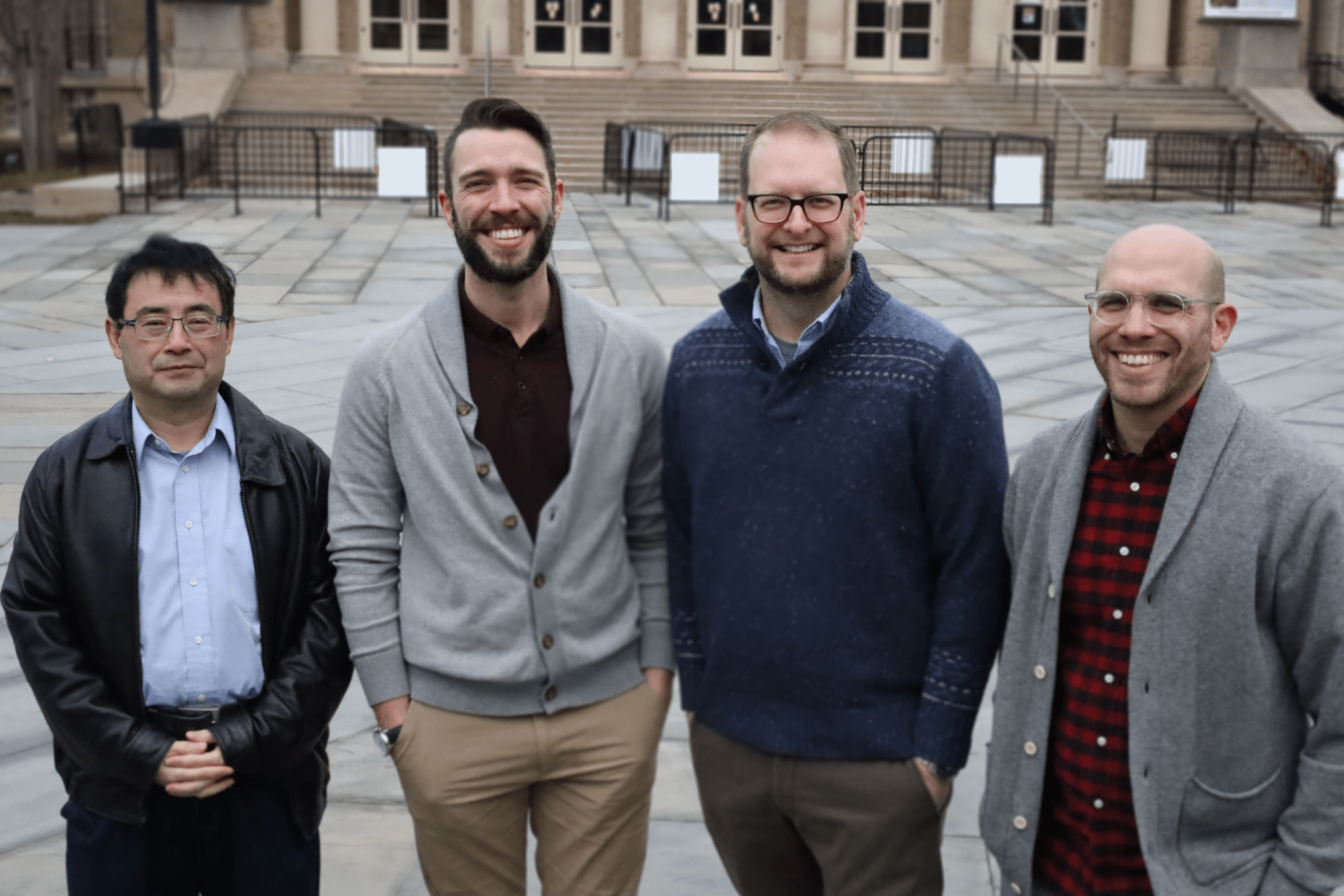Data and Methods for Prioritizing User-Centered Outcomes in Transportation Webinar

May 20, 2022
4:40 p.m. ET
Atiyya Shaw
Postdoctoral fellow at the University of California, Berkeley
and an incoming assistant professor at the University of Michigan, Ann Arbor
Abstract:
Transportation systems are currently facing unprecedented challenges, compounded by unpredictable technological disruptions, that make it critical to take a fresh look at the approaches and tools used by civil engineers to effectively meet and advance human needs. Historically, we see that transportation development patterns have often compromised users’ wellbeing, due in part to inequitable policies, dependence on outdated and underperforming forecasting models and associated data, and an unawareness/reluctance regarding new methods that focus on the measurement of individuals’ traits and behaviors. Accordingly, given the present conditions of rapid urban growth, coupled with the increasing volume and availability of user-centered passive, big data streams that characterize connected cities, the time is ripe for transportation engineers to refocus our attention on the humans that we serve. In this talk, I outline data driven and methodological avenues for prioritizing user-centered transportation outcomes, followed by select samples of my work within these approaches.
Biographical Sketch:
Atiyya Shaw is a postdoctoral fellow at the University of California, Berkeley and an incoming assistant professor at the University of Michigan, Ann Arbor. She recently completed her Ph.D. in transportation engineering at Georgia Tech, and holds M.Sc. degrees in Civil Engineering and Psychology, as well as a BSCE. Broadly, her research vision prioritizes people as the most important element of transportation systems, with her research expertise centering on survey design and analysis, passive and big data for transportation modeling, travel behavior, and human factors engineering.
Ph.D. student Christian Sprague receives a 2021 University Transportation Center Outstanding Student-of-the-Year Award

Christian D. Sprague, a Ph.D. student in Systems Engineering at Cornell University, received a U.S. Department of Transportation University Transportation Center Outstanding Student-of-the-Year Award and was recognized at the 2022 CUTC Annual Awards Banquet, held virtually on Saturday, January 8, 2022. His thesis is titled Convenience is King: School Choice, Student Outcomes, and the Role of Education Policy and his co-committee chairs are Professors H. Oliver Gao, Peter Rich, and Nicholas J. Klein. His work investigates the effects of inconvenient school access on inequalities in educational opportunity, school segregation, and student travel demands. In the modern era of school choice, policies that affect the ease in which schools are made accessible can dramatically alter household enrollment behavior. School district boundary lines, constrained bussing service areas, stringent transfer policies, and limited placement all throttle the convenience of school access and enrollment. Therefore, depending on the policy arrangement, policymakers can encourage or discourage households from certain schooling options. Sprague argues that, from the perspective of perfect accessibility, such policies form an implicit “inconvenience tax” which affects the ability of households to select schools. As policy arrangements vary across geography, a resident may incur an exorbitant burden when selecting a certain enrollment option, whereas their neighbor may incur little to none for the same school. By understanding this uneven spatial distribution, he explores how household preferences and the built environment mediate these policy-influenced educational disparities, especially for socio-economically disadvantaged households seeking access to high quality schools.
Photo: Christian D. Sprague.
Gao co-authors paper on congestion and emissions in economic reopening post-pandemic

The COVID-19 pandemic, besides its human life costs, has locked down cities and has halted urban activities and therefore obviates traffic congestion and emission. With reopening the economy in progress, traffic congestion is slowly coming back to the urban areas, it is becoming evident that driving volume might increase after the full reopening phase.
A paper based on joint work between Cornell and New York University has been accepted for publication in the leading transportation journal, “Transportation Research Part A: Policy and Practice”.
The paper, “Mobility in Post-Pandemic Economic Reopening under Social Distancing Guidelines: Congestion, Emissions, and Contact Exposure in Public Transit”, was written by the research team of H. Oliver Gao, Director of the Systems Engineering Program and the Howard Simpson Professor in the School of Civil and Environmental Engineering, along with Kaan Ozbay and Joseph Chow ’00 M.Eng. ‘01 from NYU’s Tandon School of Engineering and Center for Urban Science and Progress.
“COVID-19 has raised new challenges for transportation in the post-pandemic era,” the paper states. “The social distancing requirement, with the aim of reducing contact risk in public transit, could exacerbate traffic congestion and emissions.”
The authors propose a simulation tool to evaluate the trade-offs between traffic congestion, emissions and policies impacting travel behavior to mitigate the spread of COVID-19 including social distancing and working from home. Open-source agent-based simulation models are used to evaluate the transportation system usage for the case study of New York City.
Finally, system-wide contact exposure on the subway is estimated from the traffic simulation output. The social distancing requirement in public transit is found to be effective in reducing contact exposure, but it has negative congestion and emission impacts on Manhattan and neighborhoods at transit and commercial hubs. While telework can reduce congestion and emissions citywide, in Manhattan the negative impacts are higher due to behavioral inertia and social distancing. The findings suggest that contact exposure to COVID-19 on subways is relatively low, especially if social distancing practices are followed.
“The proposed integrated traffic simulation models and air quality estimation model can help policymakers evaluate the impact of policies on traffic congestion and emissions as well as identifying hot spots, both temporally and spatially,” the authors say.
2021 CTECH Ph.D. Dissertation Award Given to Cornell Grad Student

Pictured: H. Oliver Gao, Christian D. Sprague, Peter Rich, and Nicholas J. Klein.
Christian D. Sprague was awarded Cornell’s 2021 CTECH Ph.D. Dissertation Award. He is working towards his Ph.D. in Systems Engineering under co-committee chairs Oliver Gao and Peter Rich. Sprague’s project, entitled Convenience is King: School Choice, Student Outcomes, and the Role of Education Policy, investigates the effects of inconvenient school access on inequalities in educational opportunity, school segregation, and student travel demands. In the modern era of school choice, policies that affect the ease in which schools are made accessible can dramatically alter household enrollment behavior. School district boundary lines, constrained bussing service areas, stringent transfer policies, and limited placement all throttle the convenience of school access and enrollment. Therefore, depending on the policy arrangement, policymakers can encourage or discourage households from certain schooling options. Sprague argues that, from the perspective of perfect accessibility, such policies form an implicit “inconvenience tax” which affects the ability of households to select schools. As policy arrangements vary across geography, a resident may incur an exorbitant burden when selecting a certain enrollment option, whereas their neighbor may incur little to none for the same school. By understanding this uneven spatial distribution, he explores how household preferences and the built environment mediate these policy-influenced educational disparities, especially for socio-economically disadvantaged households seeking access to high quality schools.